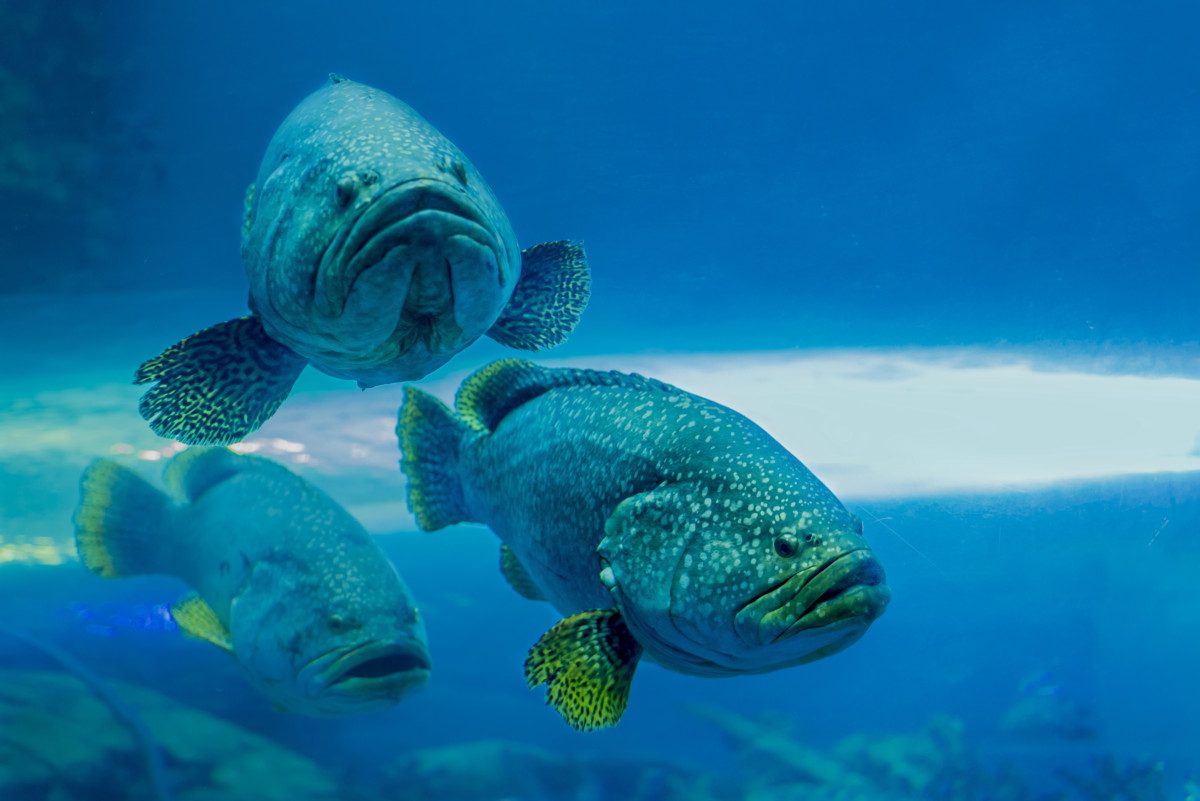Who Knew a Fishing Case Could Be Interesting? Vacating a Conviction Due to Improper Venue (Here’s something you don’t see very often…), US v. Timothy J. Smith, Case No. 20-12667 (11th Circuit Court of Appeals, filed January 12, 2022).

This case reads like a bar examination question—avid fisherman, searching for artificial fishing reefs, hacks into computer system and steals information, promises to delete information (and publishing it) in exchange for deep grouper spots. Where is venue proper? What crimes have been committed? Why don’t interesting crimes like this happen in South Carolina?
Anyway, our ardent fisherman, Timothy Smith, a software engineer, obtained the coordinates of artificial fishing reefs in the Gulf of Mexico from an on-line company called Strikelines. Smith lived in Mobile, Alabama (Southern District of Alabama). Strikelines is located in Pensacola, Florida (Northern District of Florida). The servers at issue here—where the coordinates of the artificial fishing reefs are kept—are located in Orlando, Florida (Middle District of Florida).
Strikelines finds out about these artificial fishing reefs in two ways. First, they comb through public records. Informing obtained from these sources is offered for free on its website. But then they also send out boats with sonar equipment to discover the reef locations. With this data, Strikelines sells these coordinates for between $190- $199. They only sell limited numbers of the coordinates to prevent overfishing and that sort of thing.
Smith loves to fish. Through a friend, he discovered Strikelines in 2018. When he visited the website, though, he used an application called Fiddler which allowed him to access some of the coordinate data. Smith recognized someone on the Strikelines website, reached out to that person, and was introduced to the owners of Strikelines. This started a series of communications and Smith sent the owners photographs to confirm to them he could access their information. The owners then reached out to their web developer to add additional layers of security.
After they increased their security, customers of Strikelines reached out the owners to inform them Smith was posting all sorts of things on Facebook—he bragged he had all their coordinates, and he would give them to others. He told viewers to “direct message” him. The owners reached back out to Smith to ask how he still accessed the data with the heightened security? Long story short—Smith had interjected additional code into the website that allowed him continued access. Smith offered to delete his post and fix the security issue in exchange for some “deep grouper spots.”
The owners did not provide the grouper spots to Smith. Instead, they called the police. Ultimately, Smith acknowledged to law enforcement what he had done.
Smith was indicted on three counts in the Northern District of Florida. First, he was indicted for a violation of the Computer Fraud and Abuse Act for knowingly and intentionally accessing a computer without authorization and for obtaining information with a value exceeding $5,000 from a protected computer. Count Two was for theft of trade secrets. Count Three was for transmitting a threat through interstate commerce with intent to extort a thing of value.
The interesting issue in this decision is the venue challenge. Frankly, it seems that venue is almost never an issue in a case, but here Smith won on the issue (as to Count Two)! If you’re litigating in federal court, this is an interesting case to know about because it offers a clear venue analysis and explains why, even though the effects of the crime were felt in the Northern District of Florida, that was still not a proper forum in which to bring the theft of trade secrets count. In short, the Court concluded venue was not proper in the Northern District of Florida because Smith never committed any essential conduct in that location. The government argued that the effects of a crime are a permissible basis for venue and analogized Hobbs Act prosecutions. The Court rejected that argument though, because in the case of Hobbs Act cases, Congress expressly defined essential conduct elements in terms of its effects. Not so with trade secrets theft. Indeed, one can be guilty of trade secrets theft without the victim even being aware there has been a loss. See 18 U.S.C. §1832(a)(1).
Interestingly, the remedy for improper venue is vacatur of the conviction (and not an acquittal or dismissal with prejudice). Double jeopardy is therefore not implicated, and Smith can be retried for Count Two in the Southern District of Alabama. Haney v. Burgess, 799 F.2d 661, 664 (11th Cir. 1986).
In addition to this riveting analysis of venue, the Court upheld a sufficiency of the evidence challenge on the extortion count. As it turns out, “deep grouper numbers” are a thing of value.
This is a crazy case. Seriously, this reads like a really stupid way to end up with federal felony convictions. Maybe Smith could have just paid Strikelines for the deep grouper spots? Maybe, being an avid fisherman, he had buddies who could have helped him out? Not sure why Smith felt the need to go nuclear with these guys just running their business but maybe there’s more to the story than what is presented in the opinion. In any event, his case provides a nice opinion on the law surrounding venue which is helpful for others, especially in the trade secrets context.
